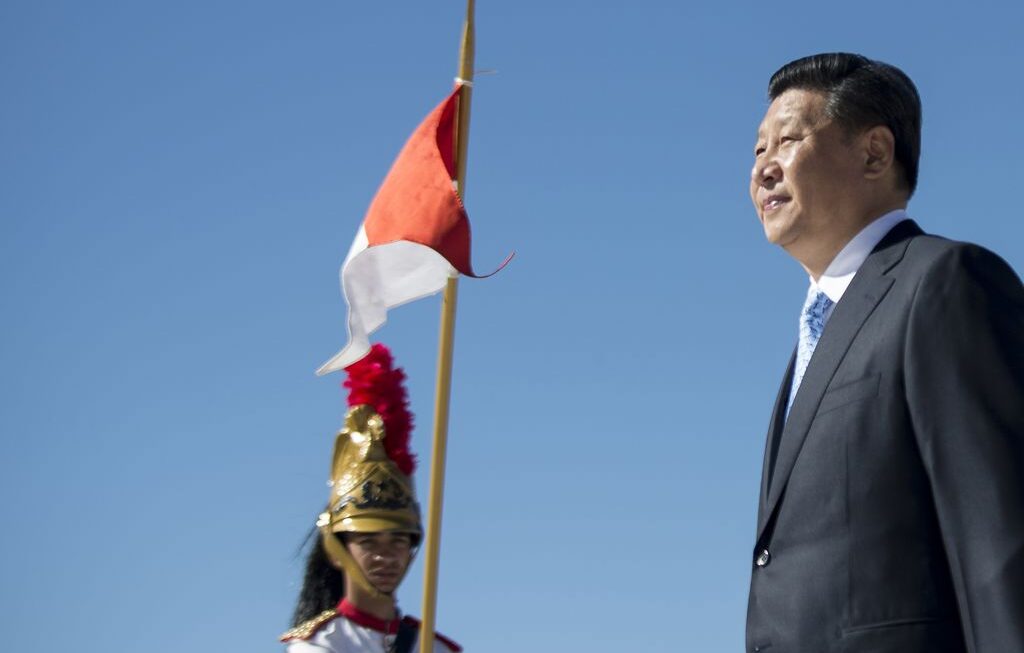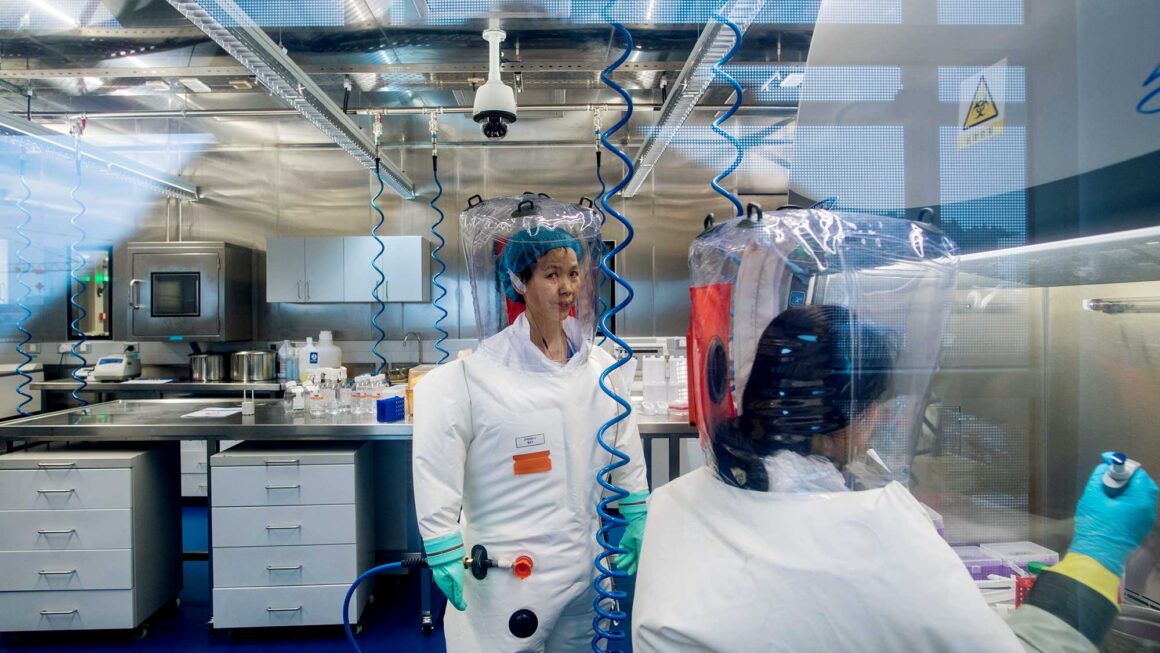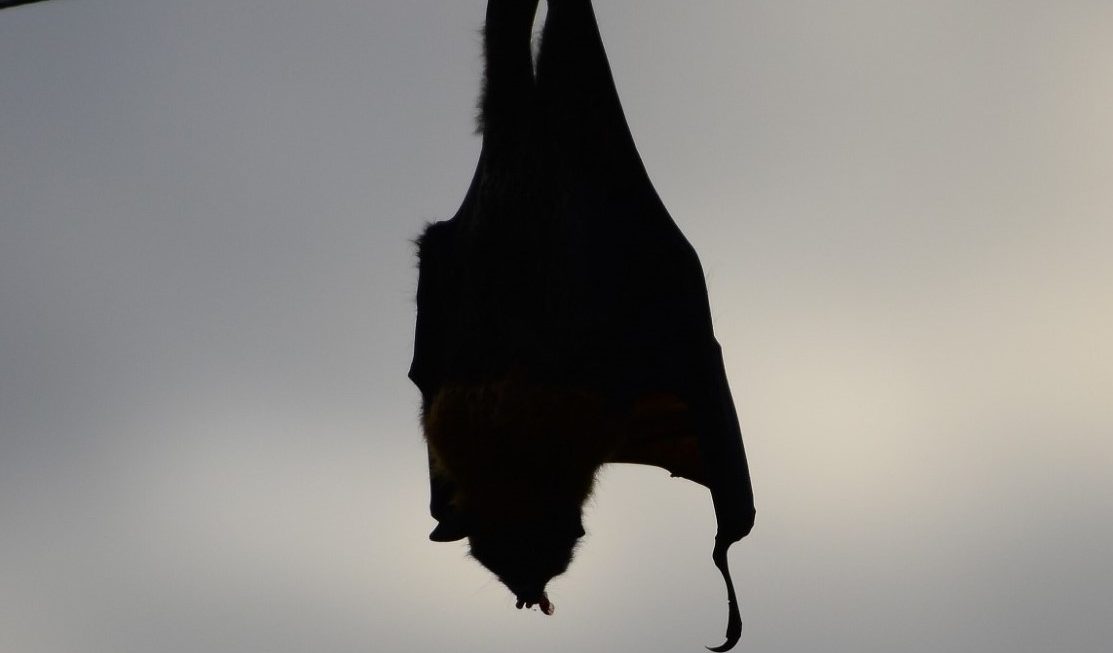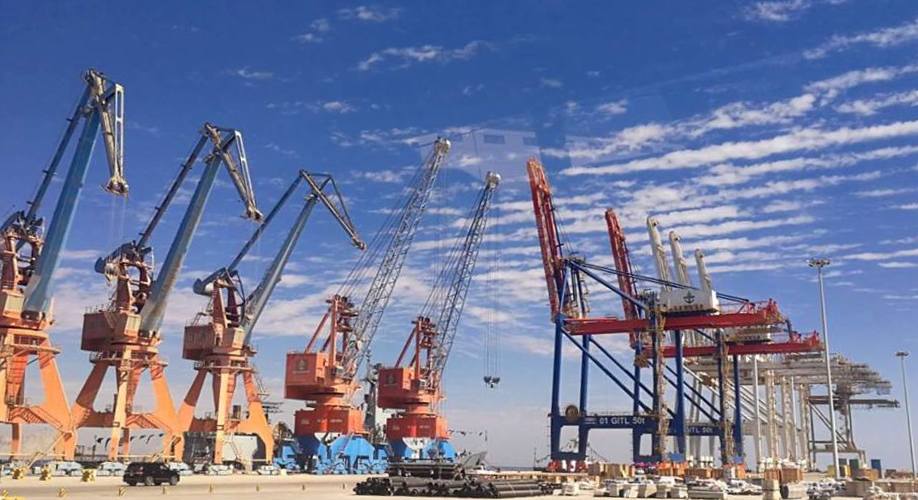As Russia flirts with recession, its international standing permanently marred by images of the Bucha butchery, there will be no shortage of embarrassment in Beijing. Chinese President Xi Jinping miscalculated drastically by declaring a “no limits” partnership with Moscow in February, only three weeks before the invasion of Ukraine. China’s international reputation has been worsening steadily over recent years – from broken promises in Hong Kong to intellectual property theft in Western universities; from concentration camps in Xinjiang to the early cover-up that allowed COVID-19 to wreak global havoc – and the Ukraine war will only accelerate this decline. Xi is not oblivious to the importance of international image. He has called more than once for Chinese state media to “tell China’s story well.” But as China suddenly finds itself tied in limitless partnership to a global pariah, Xi must be waking up to the realisation that no one tells the story quite as badly as him.
Strategically, the timing of his declaration could not have been worse. Focus is already returning to Taiwan and how it might be best defended in the event of an invasion – the last thing Xi needs. Meanwhile NATO, the Quad, and AUKUS have each been injected with a fresh sense of purpose. A fearful Beijing is observing the sanctions on Moscow because anything less at this stage would invite actively anti-Chinese policies, but its rhetorical alignment with the Kremlin can only lead to further isolation. Keen to maintain the illusion that he never makes a mistake, Xi is now doubling down, and thus compounding the error: his Vice Foreign Minister announced two months into the war that China would continue strengthening strategic ties with Russia. Should Putin fail, then Xi’s enemies in the higher reaches of the CCP will scent blood. That controversial third term as President may never come to pass.
The General Secretary of the CCP has form when it comes to these foreign policy blunders. He retaliated against EU sanctions over Xinjiang a year ago, hitting members of the European Parliament with counter-sanctions, and lost an enormous investment deal as a result. Xi-led ‘Wolf Warrior diplomacy’ caused incalculable damage to China’s image in the aftermath of the Covid outbreak, at a time when humility would have been the smart approach. His flagship Belt And Road Initiative is floundering in a welter of confusion. And these are not isolated exceptions. Even his detractors often think of Xi as authoritarian-yet-competent, but the truth is that the President’s ten-year tenure has been characterised by failure.
Think of the Winter Olympics. Fourteen years ago, while he was still a mere Vice President, Xi was placed in charge of preparations for China’s first Olympic Games. The result was one of the great successes of his career. Today’s contrast could hardly be more startling. In 2008, a mighty spectacle eclipsed the Party’s abuses of the Tibetan people, but this time round no dazzling pyrotechnics could distract the world’s attention from the Uyghur genocide, or the crushing of Hong Kong’s freedoms. Several nations agreed on a diplomatic boycott, and once the Games began, viewing figures were historically low. Athletes complained about disgusting food; flooded dormitories; draconian quarantine rules.
Meanwhile China’s biggest news story of the Olympic weeks had nothing to do with the Games. It concerned instead a mentally-ill woman found chained to a wall in rural Jiangsu, missing most of her teeth, having been trafficked multiple times and forced by her latest captor to give birth to eight children. Discussion of her plight was heavily censored by the authorities, which only served to further incense the country’s netizens. They observed a sharp disconnect: there is the glitzy, gold-medal-winning China that state media promotes, and then there is the stranger, darker China, ordinarily hidden from view, its existence largely denied by state media. This is a China blighted by poverty, where toilets are holes in the dirt and women must break the river ice by hand to wash their clothes. Xi has made a great deal of noise about the supposed eradication of absolute poverty under his stewardship, but more than 600 million Chinese still live on $140 per month, or much less.
Indeed, while Xi’s foreign policy mistakes are clear to the world, it is his domestic track record that we must examine if we are to appreciate the scale of his failure. Such an examination will quickly reveal the nature of the problem. Xi is obsessed with control, suffering from the micromanager’s need to interfere in everything: all the way down to the improvement of public toilets. He combines this, disastrously, with a chronic vagueness.
Last year, after ordering the reform of China’s $100 billion private tutoring industry, the President declared himself unsatisfied with a plan drafted by the Ministry of Education. It was too soft, he said. He did not elaborate. Without clear instructions, ministers appear to have decided that if ‘soft’ was the problem, then the safest option would be to go as hard as possible. Limits were placed on private tutoring for children all the way up to the age of 18, and private education companies were forced to register as non-profits. As a result, tens of thousands of employees lost their jobs (including many teachers), and panic selling wiped tens of billions of dollars from the value of education companies listed on US and Hong Kong stock exchanges.
In 2017, unhappy that Beijing no longer resembled the city of his childhood, Xi ordered the forced evacuation of poor neighbourhoods, along with a spate of demolitions. He had reckoned without the power of social media. Widely-shared pictures soon presented the public with a sobering sight: evicted migrant workers hauling their belongings through the streets in the dead of winter. Following an outcry, Xi’s campaign was quietly brought to an end.
In September 2020, Xi announced that China’s carbon emissions would begin declining after 2030 and reach net zero by 2060. Officials scrambled to begin phasing out coal-mining as fast as possible. Coal prices shot up as a result, and the combination of factory shutdowns with nationwide electrical power cuts had an immediate impact on global supply chains. (Those power shortages were also exacerbated by the government’s ban on Australian coal: a political punishment that backfired, causing the closure of yet more Chinese factories.) Once again, social media played its part in highlighting Xi’s blunders. The most striking images showed cars making their hazardous way along dark roads, and families waiting helplessly in elevators that had stopped working. In March of this year, Xi admitted defeat: “it is difficult to fundamentally change the coal-dominated energy structure in the short term.”
China’s economic woes provide us with a particularly damning picture of the President’s performance. Daniel H. Rosen, world expert on the Chinese economy, has published a detailed analysis that shows the same sequence of events repeated ad nauseam: first Xi makes a bold move, then he finds himself facing unforeseen negative consequences, then he frantically backtracks.
When Xi first took the helm in 2012, he faced the daunting task of steering his country past the dreaded ‘middle-income trap’ (in which a nation’s growth stalls after rising out of poverty). The situation did not look promising. Annual debt service costs had rocketed from 3 trillion to 8 trillion yuan in the previous four years alone, growth had slowed significantly and was now languishing in the single digits, and the return on state investments in infrastructure was falling. In a manifesto released the following year, Xi set out his grand vision to liberalise the economy. From now on, “The market should be left to decide the price of anything whose price can be decided by the market.”
In 2014, Beijing permitted mainland companies to invest overseas directly. But a subsequent tsunami of outbound investment (as much as $216 billion in 2016) led to the draining of foreign exchange reserves. Capital controls were reimposed, and outbound investment levels stalled as a result. Worried by spiralling debt at state-owned enterprises, Xi opened the door for equity markets. But in June 2015 the resulting bubble burst and the market lost a third of its value. In the corporate sector, the government introduced pilot programs to teach business directors how to make decisions on leadership. But these never took off, and by 2017 the CCP had reassumed control of all corporate affairs at state firms (and was busy extending its influence over private companies).
In 2015, Xi declared the liberalisation of interest rates on bank deposits and loans, which had previously been determined by the central bank. But despite the formal scrapping of the deposit rate cap, most banks made an informal rule that deposit rates would never exceed the benchmark rate by more than 50%. In practice, interest rates were never liberalised. In 2016, attempts were made at deleveraging to reduce systemic financial risks. Short-term borrowing rates were fixed higher in order to raise interest rates without significantly decreasing credit volumes. But the economy took a hit, because it turned out that many of the speculators targeted by the new policies had also been investing in property development and local infrastructure. Beijing gave up on its deleveraging efforts and allowed credit to soar again.
In the early days of Xi’s rule, major financial technology firms were given considerable freedom, in the hope that innovation would drive progress. But peer-to-peer lending platforms began offering extremely high rates to borrowers, and these borrowers soon defaulted. In August 2018, investors gathered to protest in Beijing’s financial district, demanding compensation in the mistaken belief that the lending platforms had the guarantee of the government. So the Party cracked down on lenders, beginning a process that would later lead to the much-publicised attacks on tech giants Tencent and Alibaba.
The Chinese economy has been badly impacted by Xi’s litany of false starts. Under his leadership, total debt has risen from 225% of GDP to at least 276%. When he took over, six yuan of new credit was required to generate one yuan of growth; by the time of the pandemic, ten yuan was needed. Productivity declined 10% between 2010 and 2019, marking the most significant productive decline in a great power since the Soviet Union in the 1980s (its final decade, ominously for the CCP). The impact has been showing most clearly over the past year – ever since Xi reintroduced the term ‘common prosperity’ into the public discourse. This was the banner beneath which the nation’s tech firms were aggressively targeted, wiping some $1.5 trillion from their stock valuations. Chinese growth plummeted from 18.3% at the beginning of 2021 to 4% at year’s end, by which point developers’ sales were falling faster than during the global financial crisis, and tech companies were laying off large numbers of staff.
As a result, the Party has been forced yet again to adopt a “course correction” (the phrase used by officials, as reported by Lingling Wei at The Wall Street Journal). This time, however, the change is from state control back to liberalisation. All of a sudden, government agencies are getting behind China’s beleaguered tech companies. Financial regulators are making it easier for banks to lend to developers, and no one seems to be talking about wealth redistribution anymore. Xi himself has already given up on ‘common prosperity’, although he is unable to admit as much. The true meaning of the term, he explained in December to helplessly confused officials, is actually “making the cake bigger” before dividing it. More recently, Vice Premier Liu He stated that government departments must “actively introduce policies that benefit markets.”
Xi’s indecisiveness will occasionally lead him on these brief confused forays into China’s anti-capitalist past. He has always romanticised the days of revolution and personally admired Mao, but he is no Marxist. As his record shows, he generally understands that China must liberalise its economy. Public pronouncements and carefully-leaked speeches may suggest otherwise, but this is only a tactic aimed at legitimising Party rule. The tactic has been in use for decades. (Back in the early 2000s, China’s leaders actually gave serious thought to the question of whether or not they should change the Party’s name, and finally abandon that problematic word ‘Communist’.[1] Public reaction was difficult to predict: would such a decisive separation of past and present regimes lead to widespread recognition and examination of the historical crimes of Mao, Deng, and Jiang? Where would such a reckoning end? The plan was scrapped.)
Xi is an authoritarian, even a totalitarian, and he is a fanatical believer in the Party itself – a believer in its wisdom, its leadership, the necessity of its monopoly – but he gives no indication that he actually believes in Marx and Engels’ economics, or in some idyllic classless future. His particular brand of fanaticism tells him that China can liberalise economically without ever liberalising politically. To his surprise, he has been unable to make it work. Each attempt at reform meets with major problems, and so China’s President usually ends up retreating to the safe and predictable status quo of centralised control.
The pandemic response is revealing further shortcomings. Over the past twelve months, certain officials have woken up to the fact that China urgently needs to relax its insistence on ‘Zero Covid’ – an economy-battering policy with no end date, due to the now-permanent presence of SARS-CoV-2. But their nervous suggestions have always met with Xi’s anger. So they have redoubled their efforts instead. Last summer, a single Covid case led to the closure of Ningbo-Zhoushan Port (one of China’s biggest container terminals), causing predictable damage to global supply chains. Shanghai’s Party Secretary typified the craven climate when he responded to a recent rise in Omicron cases: “We must thoroughly implement the spirit of Xi Jinping’s important instructions, and resolutely overcome numbness, war-weariness…” Shanghai, of course, has become the site of China’s largest citywide lockdown since the beginning of the pandemic.
These excessive measures are probably connected to the failure of Xi’s vaccination programme. The combination of low-quality domestic jabs with aggressive vaccine nationalism and a failure to approve the best international vaccines has ensured that the Chinese population is essentially unprotected. Hence Zero Covid and its crude disruptions. Xi has sometimes seemed to be on the verge of dropping his disastrous policy. In mid-March, at a meeting of the CCP’s top leaders – the Politburo Standing Committee (PSC) – he made telling reference to the necessity of “minimis[ing] the impact of the epidemic on economic and social development.” By May, however, he was telling the PSC that China would stick to the policy “unswervingly.” The idea of ‘living with Covid’ like other countries was condemned, a little oddly, as “Darwinian.”
The endless dithering and changing of policy stems from Xi’s desire to control every inch of his domain – a job that no one could ever do effectively. As the dissident Xu Zhiyong put it two years ago, in an open letter to the President: “Official documents pile up like mountains on your desk and you are drowning in an endless sea of meetings. You don’t even have time to read everything that’s put in front of you, so how can you possibly stand above the fray and have the kind of perspective that’s necessary to run a country like China? Fiscal management and the economy – you’re in charge of all of that as well! What’s the Premier of the State Council [Li Keqiang] supposed to do? Do you have any particular expertise in economic matters? If not, then hand the responsibility to someone who does.”
Xu Zhiyong decided that Xi must be “not all that bright.” (He was arrested after publishing his letter.) The question of Xi’s intelligence has come up before, and is probably germane. Exiled Chinese dissident Cai Xia recalls a conversation she had in 2012, on the eve of the President’s accession, with a professor at the Central Party School where CCP leaders are educated. His lip twitching with contempt, the professor told her that Xi has always suffered from “inadequate knowledge.” Another suggested to her that he “lacks basic judgment.”
Mistakes also loom in Xi’s future. The author Gordon G. Chang has argued that China’s President was only able to rise to his position because he belonged to no internal Party faction. This made him an acceptable choice to all factions – everyone preferred him to their rivals. But after reaching the top spot, he needed a base in order to consolidate power, and so he focused on winning the support of China’s military top brass. The military itself became Xi’s ‘faction’. Chang speculates that this has backfired: the generals and admirals now control Xi, whether he realises it or not, in an alarming echo of the rise of Japan’s ultra-nationalist military in the 1930s.
The Xinjiang nightmare of recent years may prove to be the worst mistake of all. In December, the Uyghur Tribunal found that genocide has indeed been committed against the Turkic group native to China’s northwestern province. Xi has been confirmed as the central architect of this horror. He may not have personally called for the torture and rape of detainees, but he is the one who gave orders to “show no mercy,” to refuse so-called terrorists “any chance to breathe.” And if we leave ethics aside for a moment, the sheer lack of logic and long-term thinking is remarkable. What did Xi think would happen in the end? This crime will never go away; it will never be forgotten. Whether or not the Uyghurs had a fledgling national identity before – the primary concern of the CCP – they certainly have one now, forged in the fires of persecution. It is an identity largely constructed around identification of the antagonist; the oppressor. This makes it likely that Xi’s sins in Xinjiang will come back to haunt Beijing for decades, if not longer.
Notes
[1] Archie Brown – The Rise and Fall of Communism (Vintage, London, 2010 edition, orig. 2009), p606



